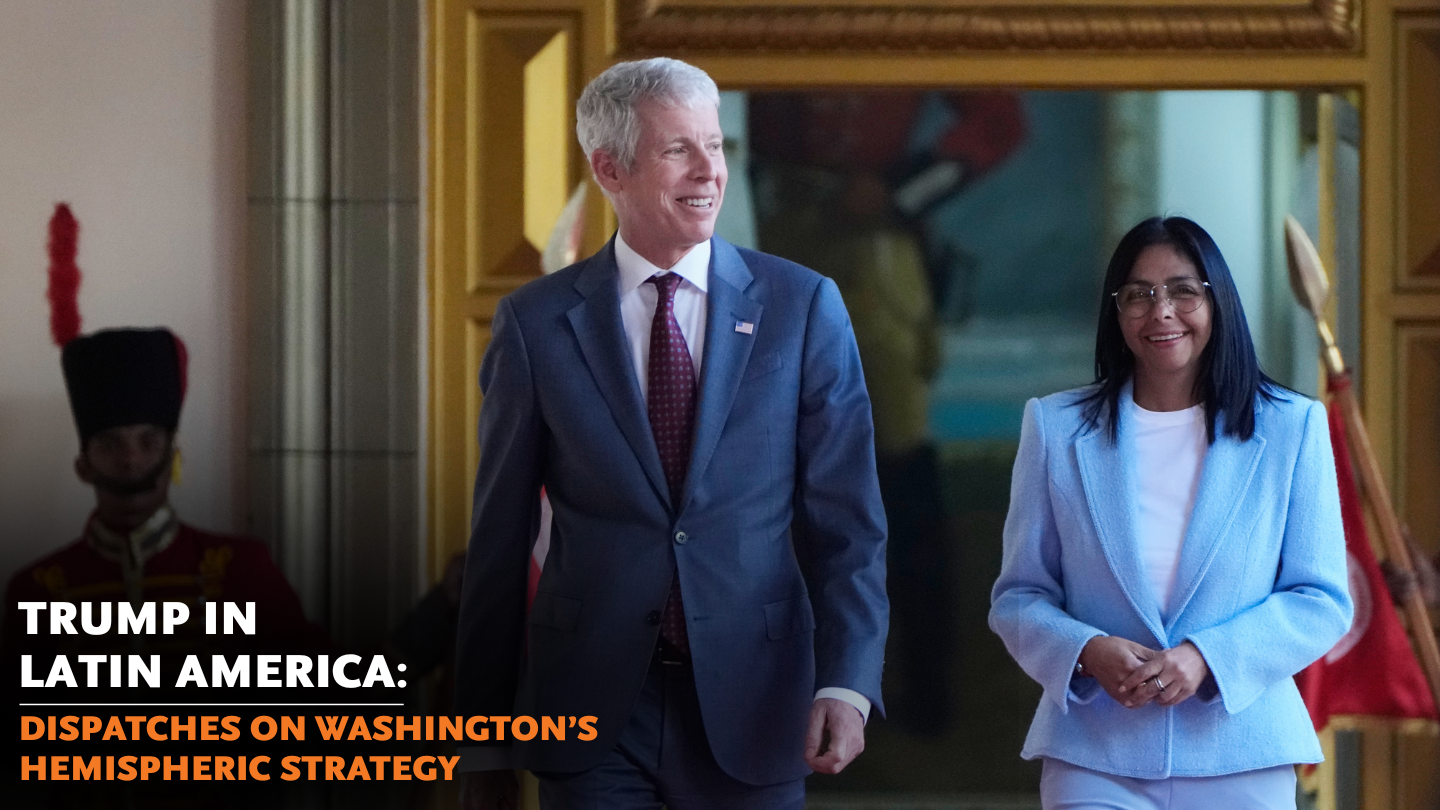Define the Next-Generation Agenda of the U.S.-Mexico Relationship
Define the Next-Generation Agenda of the U.S.-Mexico Relationship
In today’s fluid world, a nation’s ability to ensure the safety and wellbeing of its people depends to a great extent on the degree of peace and prosperity in the neighborhood to which it belongs. The U.S., notwithstanding its economic might and military power, is no exception. Read the full article in the Fall 2008 issue of Americas Quarterly.
"...no other bilateral relationship is more important for the security and prosperity of the U.S. than its relationship with Mexico."
In today’s fluid world, a nation’s ability to ensure the safety and wellbeing of its people depends to a great extent on the degree of peace and prosperity in the neighborhood to which it belongs. The U.S., notwithstanding its economic might and military power, is no exception.
In a welcome respite from Latin America’s turbulent history, the last decade in the Western Hemisphere has been marked by democracy, tolerance, respect for human rights, the search from greater accountability, transparency and social justice, and efforts to achieve sustained economic growth through more open trade policies. The U.S., like most countries in the region, has greatly benefited from this tectonic shift and must therefore seek to constructively engage with all nations in the Americas to ensure that our hemisphere remains peaceful and prosperous. In the midst of the Cold War, Henry Kissinger famously quipped that Latin America was a dagger pointed at the heart of Antarctica…
To read more, subscribe and receive an instant digital copy of the Fall 2008 issue.
Already a subscriber? Login now.
Arturo Sarukhan is the current Mexican Ambassador in Washington DC.








